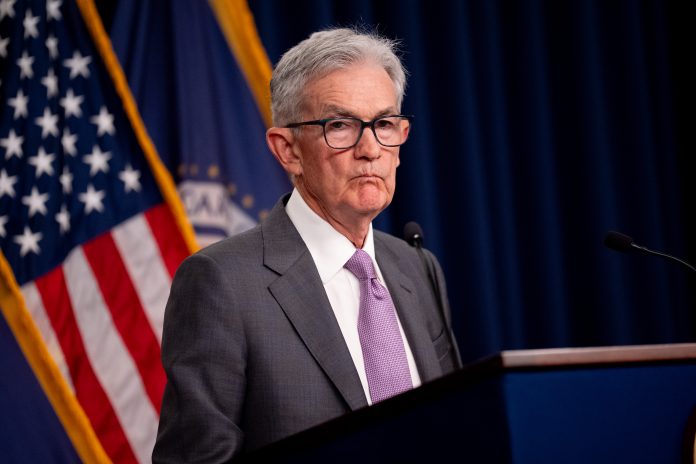Two Federal Reserve officials signaled on Thursday that a rate cut may be on the horizon, as strong economic data led financial markets to scale back expectations for a significant reduction in borrowing costs next month. St. Louis Fed President Alberto Musalem and Atlanta Fed President Raphael Bostic, who had previously been cautious about cutting rates too soon, now see conditions that could warrant easing.
Musalem noted that recent data had strengthened his confidence that inflation is returning to the Fed’s 2% target. “The balance of risks on inflation and unemployment has shifted,” Musalem said, suggesting that the time for a policy adjustment may be near. However, he emphasized that the economy is still “doing very well,” citing positive factors like labor supply growth, despite the unemployment rate rising to 4.3%.
Investors, who had been anticipating a half-percentage-point rate cut at the Fed’s September meeting, are now betting on a smaller, quarter-point reduction. This shift reflects optimism from recent inflation, jobless claims, and retail sales data, which support a gradual approach to policy easing rather than an urgent response to bolster the labor market.
The Labor Department reported that the consumer price index increase slowed in July, falling below 3% for the first time in over three years. Additionally, weekly jobless claims hit a one-month low, and retail sales surged, indicating continued consumer strength. “The resilience of consumer spending should ease recession fears,” said Michael Pearce, deputy chief U.S. economist at Oxford Economics, supporting a measured pace of easing.
In an interview with the Financial Times, Bostic expressed openness to a rate cut in September, a shift from his previous stance of expecting a single quarter-point reduction later in the year. “With inflation coming into range, we must consider the other side of the mandate,” Bostic said, referring to the rising unemployment rate. He also mentioned the possibility of a larger rate cut if the labor market weakens faster than anticipated.


